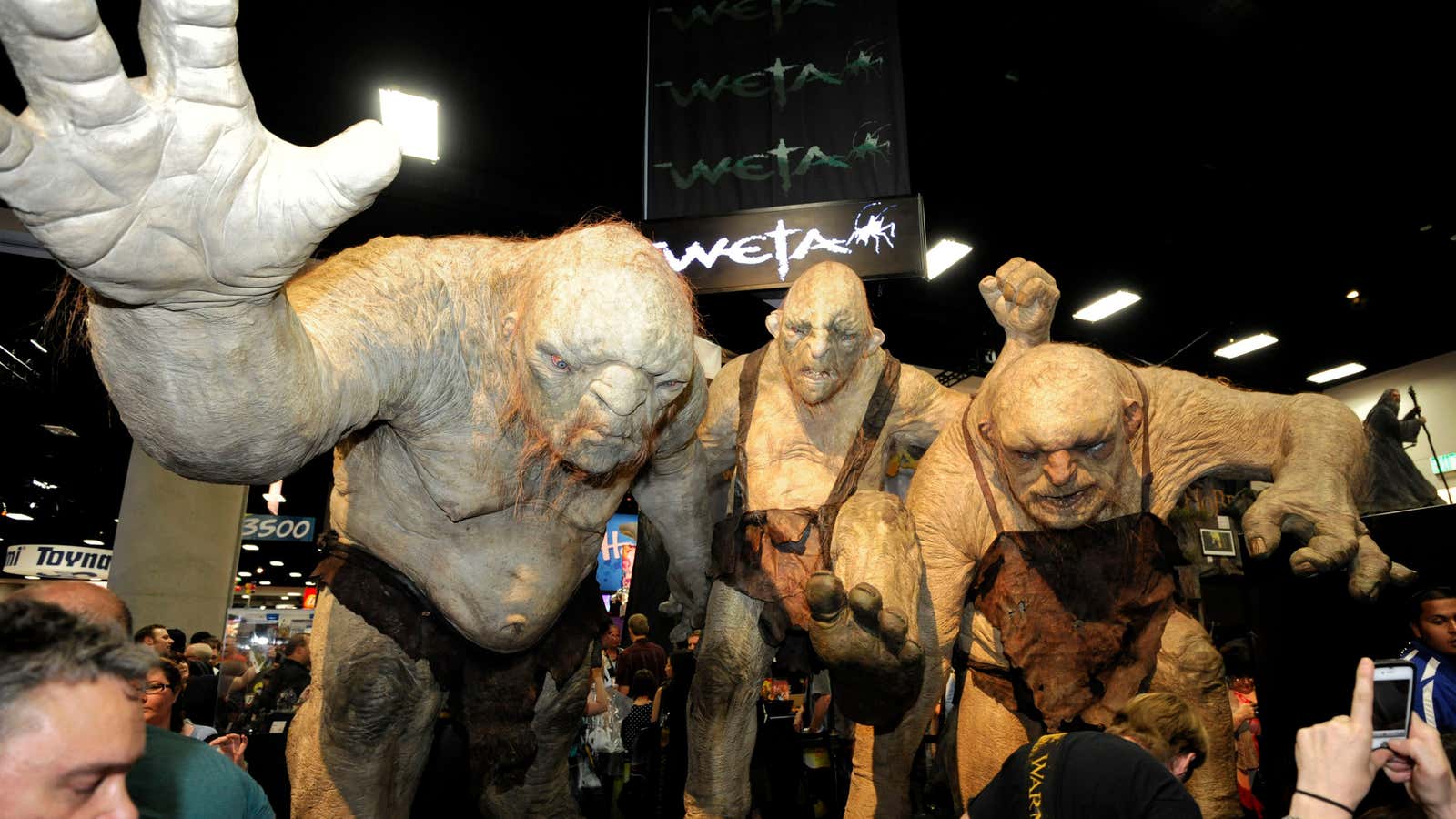A new bill in the US Congress is aimed at curbing firms that buy patents and use them aggressively to extract licensing fees—a.k.a. patent trolls.
The legislation—introduced today by Bob Goodlatte, chairman of the House Judiciary Committee—combines a number of different bills with the support of lawmakers from both parties, giving it a shot at becoming law, though the patent license lobby is fighting against it. Here’s how the bill would make it harder for rent-seeking firms to demand millions from software companies trying to build new products:
∙ No more hiding behind opaque court filings. Typically, patent trolls can file loosey-goosey court documents presenting little evidence for their claim of infringement. Now, they’ll have to specifically identify how the application in question violates their patent, allowing their targets (and the public) to be better informed about the facts of the case.
∙ Patent trolls will have to pay their targets’ legal fees if they lose. While the court will have to approve the settlement so legitimate patent litigants don’t get held up, now small businesses will have less reason to let legal costs be the reason they accede to unreasonable licensing demands. Limits on what kind of documents patent trolls can see during the initial stages of litigation should also lower costs for companies facing patent infringement claims as well.
∙ No more hiding behind shell companies, either. Patent trolls tend to run litigation through shell subsidiaries to isolate their own legal liabilities and disguise the ultimate beneficiaries of the fees they extract. The new law would make sure that interested parties behind on a shell company will be on the line to pay legal fees. Any company bringing a patent lawsuit will have to disclose any and all entities who have a financial interest in the patent, which will shine a light on inventors who license their patents to aggressive patent litigators but prefer to stay in the background themselves.
∙ No more targeting customers. In some cases, patent trolls attempt to extract licensing fees from people using a product that allegedly infringes on a patent, rather than its manufacturer. Now, if a customer and a manufacturer agree, the suit against the customers will be stayed until litigation with the manufacturer is resolved.
∙ “Business method” patents get a second look. Maybe the most pernicious patents are those that cover a way of doing business. This bill would extend a program that allows patent litigants to demand the US patent office to do a second review of these patents, makes it cheaper, and expands the number of patents under review.
The main criticism of the bill, from groups like the Electronic Freedom Foundation, is that it doesn’t get at the root cause of patent trolling—software patents themselves. But they say the bill, if it becomes law, will do a lot to protect small software developers from law-suit happy firms with big patents and deep pockets.
